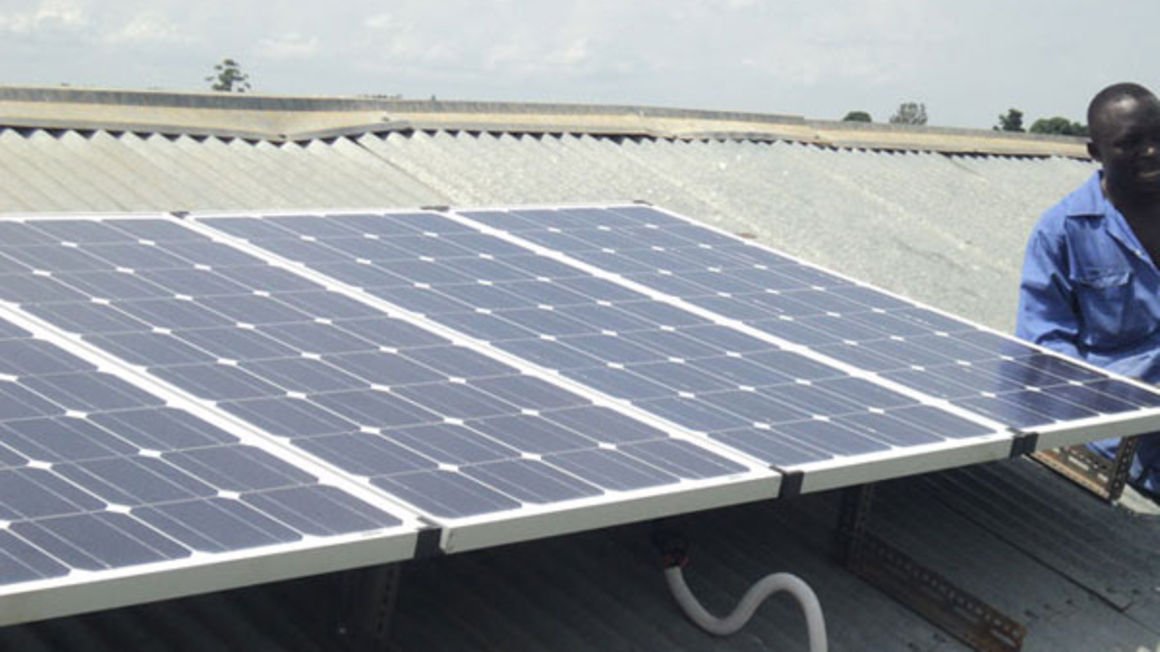I recently read a story in the media to the effect that the government is planning to resume the electricity connection policy (free connection policy) to connect Ugandans to the national grid.
The story said the free connection policy aims at addressing the challenges of low connection rates that previous policies did not address.
The policy was unveiled in 2018 with the aim of increasing the number of connections made annually from the average 70,000 before the policy to 300,000 customers annually at full implementation. However, the initiative was suspended last year.
The policy only managed to attain 7 per cent rural electrification yet 80 per cent of the Ugandan population lives in rural areas. The failure had left the majority of rural areas without power.
The government intends to increase demand for power through increasing the number of industries in industrial parks in addition to expanding the domestic consumer base through implementing the ‘Free’ Electricity Connections Policy.
However, last year, Umeme informed electricity sector players that while the company experienced an average growth rate of 16 per cent in its domestic customer base between 2012 and 2018, consumption only grew by a half, at 8 per cent.
In addition, the manufacturing sector continues to complain about high power tariffs. As you are aware, a poor and highly indebted country that is struggling with Covid-19 impact, citizens cannot afford high power tariffs.
While I commend government’s efforts to increase access to clean energy, the government must increase investment in off-grid solar energy to meet the energy needs of all Ugandans. Access to clean and affordable energy is crucial in the eradication of poverty through advancements in health, education, water supply and industrialization, to combating climate change.
Initiatives such as the sustainable energy for all, the United Nations Sustainable Development Goals (SDGs), Goal 7 and others, highlight the need to have equal access to clean, affordable and reliable energy.
Although government is making heavy investments in hydro-power dams and extending the grid across the country to provide electricity, it needs to broaden its scope and focus more on investing heavily in other renewable energy sources particularly off-grid solar energy.
Access to electricity in the country stands at 24 per cent in urban and less than 7 per cent in rural areas and of the population with access, more than 90 per cent cannot afford to use electricity for cooking or to meet other key energy needs due to high power […]
